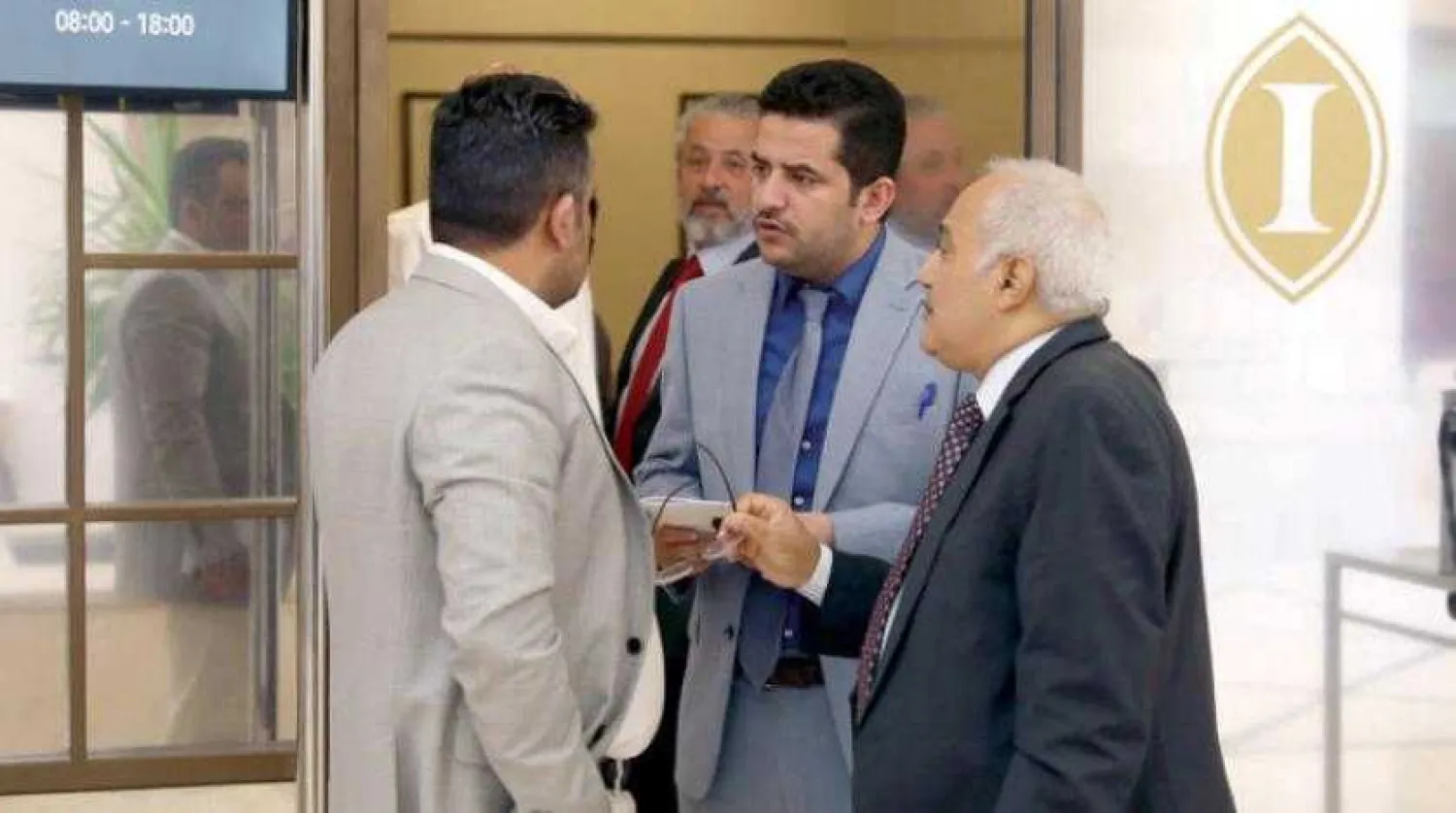Yemeni government representatives have accused the Houthi militias of paralyzing a new round of talks that ended in Amman this week without an agreement on the revenues of the ports in Hodeidah.
In parallel, the head of the government representatives in the Redeployment Coordination Committee, Major General Saghir bin Aziz, lashed out at UN Envoy Martin Griffiths over his report to the Security Council, in which he praised the militias and their leader Abdel-Malak al-Houthi.
In a series of tweets, Bin Aziz accused the insurgents of hindering the implementation of the Stockholm Agreement, which was struck between the warring sides in Sweden last December, and said militia leaders ended discussions on prisoners exchange, ruined the Taiz understandings and rejected all options for true redeployment in Hodeidah.
He revealed that the Houthis have not withdrawn, as Griffiths reported. “All the Yemeni people are aware of this fact,” he said. “All what (the Houthis) did was to allow a conditional access by the United Nations to the ports.”
He went on to say: “Griffiths is seeking to save the Houthis and is trying to impose them on the Yemeni people and legitimize their presence by any means.”
He added that the UN envoy “supports the presence of militias and tries to protect them.”
Meanwhile, the head of the technical office and member of the Yemeni government delegation to the Sweden consultations, Mohammed al-Omrani, said that the Houthi militias and the Office of the UN envoy were responsible for the failure of the negotiations that took place in Amman, starting last Tuesday, on the mechanism of implementation of the provisions of the Hodeidah deal.
He added that the militias hindered the opportunity to reach an agreement.
In remarks on Thursday, Al-Omrani said that the meeting called for by the UN envoy was aimed at implementing the mechanism of the deal’s economic clause, with regards to collecting the revenues from Hodeidah’s three ports and depositing them in the Central Bank.
But he noted that the government delegation was surprised after the other party, in coordination with Griffiths, discussed issues that were far from the meeting’s initial goal.
The Yemeni official strongly criticized the mechanism adopted by the UN envoy’s office, describing it as “incorrect and incompatible with the agreements.”









